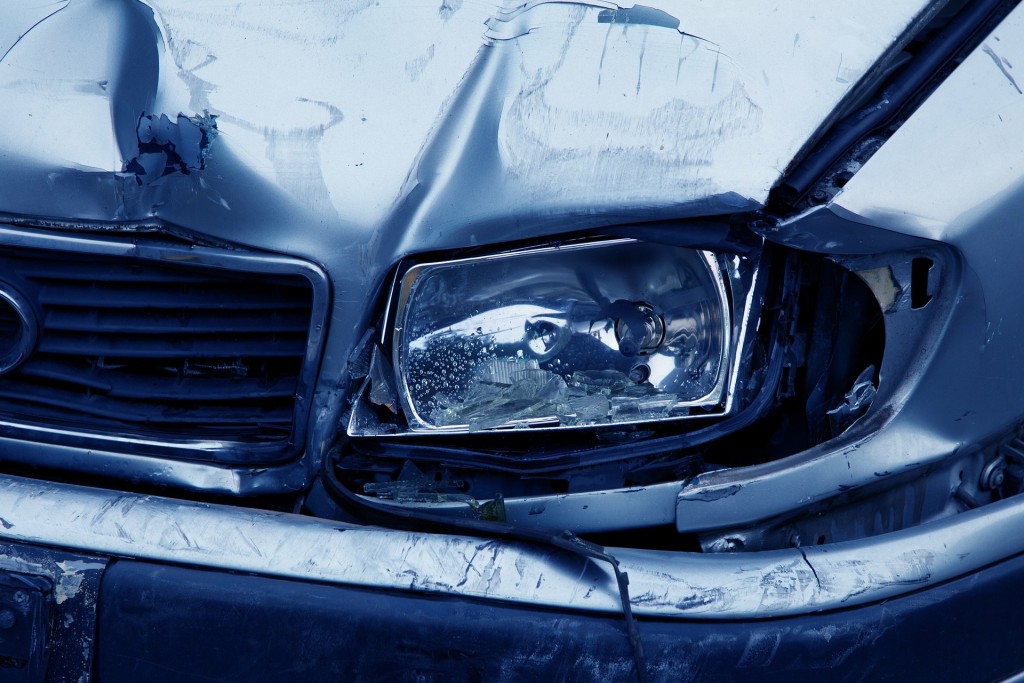The National Highway Traffic Safety Administration reports over six million car accidents on American roads annually. 40% of those accidents involve cars being rear-ended in some way.
A rear-end collision occurs when two cars hit each other, with the car in the back hitting the lead car. Typically, it is assumed that the rear car is at fault for these types of accidents. This is due to the fact that it is considered each driver’s responsibility to keep an adequate distance between themselves and the cars around and in front of them. Drivers are always expected to be aware of any conditions around them which may cause the car in front to slow down or even stop on a dime.
In regards to insurance, Florida is a no-fault state. Drivers involved in an auto accident may sue the other motorists if their injuries and expenses exceed the coverage limits of their personal insurance policies.
Florida drivers also have the opportunity to seek comparative fault damages in court, even if they were in the rear car.
More About Fault
In most rear-end collisions, the operator of the trailing car is presumed at fault . However, there are some situations in which the driver of the lead car may hold some comparative fault. These include:
- If the front car’s operator turned into an adjacent lane without adequate room to do so. This may cause a rear-end collision which was not the fault of the tailing motorist.
- If the driver in the front car was driving under the influence of alcohol or drugs, or was proven to have been driving distracted at the time of the collision.
- If the driver off the front car braked suddenly or stopped without warning.
- If there were adverse weather conditions such as severe wind or rain.
- If one of the cars has a mechanical failure which causes the accident, the front driver may share some of the fault.
Although these scenarios explain situations when the front driver may be at fault, the expectation on the road is that all drivers should be aware of their surroundings at all times. Therefore any time that a driver is distracted or negligent , they may be held at fault.
Are You Properly Covered?
Florida drivers are required to obtain and maintain specific levels of insurance in order to legally drive their vehicle on the road. While comprehensive and collision insurance policies are not mandatory, they are good to have if you are in a rear-end collision.
For instance, if your car is older and paid off, collision insurance may not be necessary for many drivers. However, if those car owners find themselves rear-ended in a no-fault state such as Florida, the damage to the vehicle will have to be paid out of pocket. Without a collision policy, the car repair will be the driver’s responsibility to fix.
Working with your personal auto insurance agent will help you to understand your policy and to modify your coverage if necessary. Consumers should discuss the no-fault laws which apply in the Port Charlotte region, and decide what amount of deductible your budget can handle.
While trying to save money is always a positive goal, an unexpected repair bill is never weclome. Call Ezzi Insurance Advisors today – our goal is to educate you as to the best insurance for your needs and budget.
